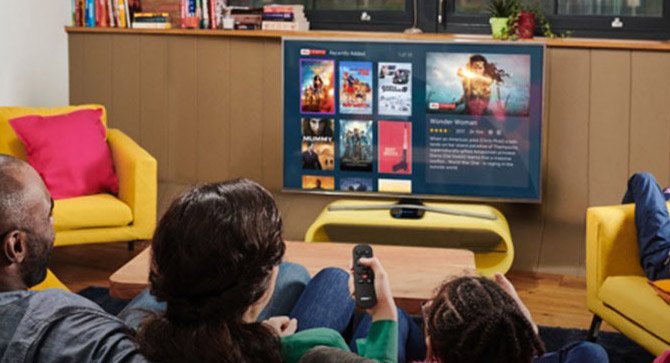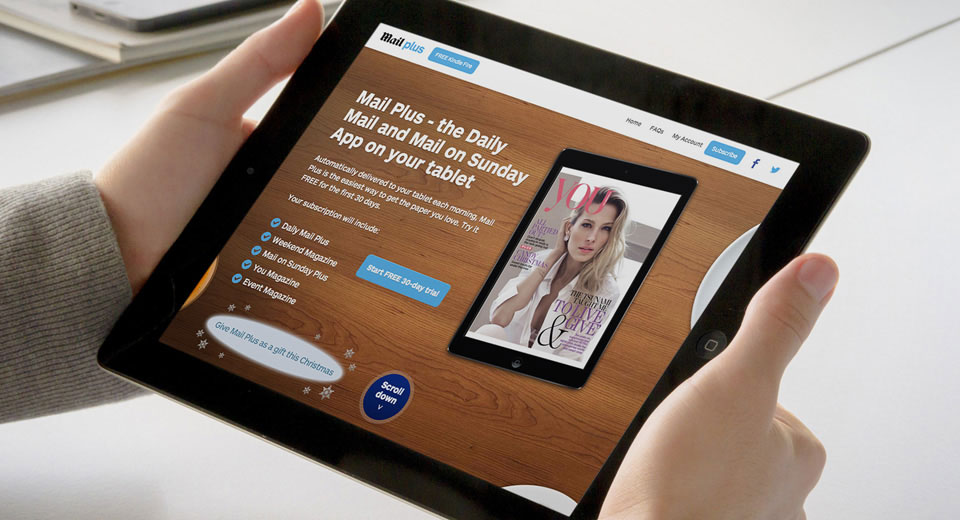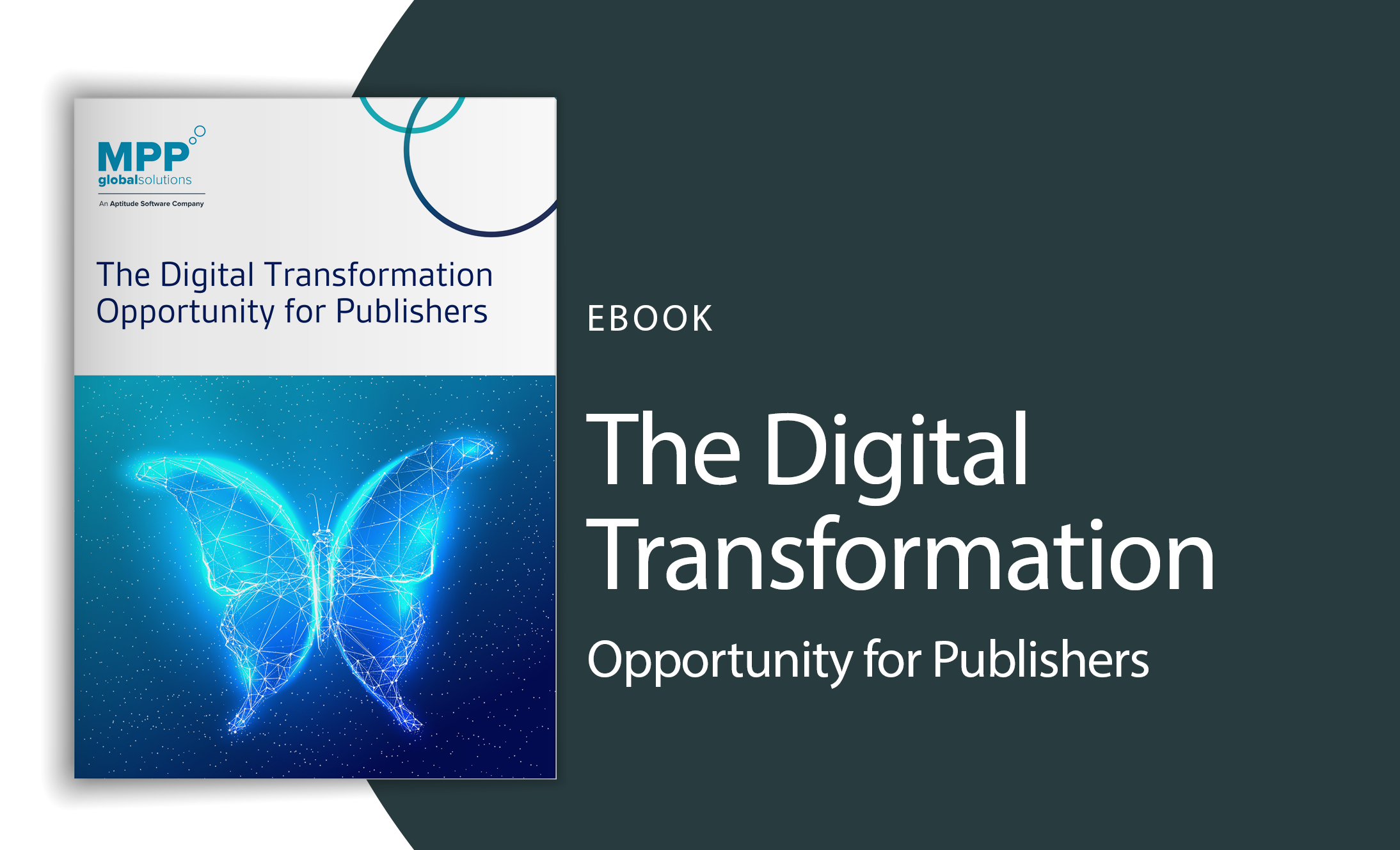Is Digital Content Less Desirable Now We Have to Pay For It?
Yesterday, Men’s Health joined an increasingly long line of publishers to announce its diversification to offering a variety of mobile and online content. It comes at a time where several key players in the media and entertainment industry are conforming to the rise of monetising their digital content online to drive revenue. Mobile services are at the forefront of developing technology in 2011, and we have already seen the introduction of payment services such as Google Wallet and Square processing systems. So the next step for companies is to optimise the time spent on mobile phones and make sure they capture audience attention and most importantly; retain it.
Digital departments across the globe will be looking towards mobile devices to regain audience members and retain sales figures. The movement to mobile platforms will see mCommerce become a driving force in the on-going monetisation of digital content and will benchmark the quality of information that is available. Men’s Health provides an app that is free to download but includes a built in feature that charges users for extra bundles of additional exercise information. ITV also advertised their app as free but audience members complained about a similar built in pay-for-content feature which limits free content delivery. Is it possible that because information flows freely online users expect that this information should be provided for free? And will this reluctance to pay be derogatory for the future of mCommerce content?
Brand Republic, the umbrella brand for Campaign, Marketing, PR Week and Media Week industry magazines, has revealed that it too will be separately charging for content online. This has sparked fury by subscribers that already pay for the print copy of the magazine. This move towards paid for online content is a sensitive matter for publishing and entertainment companies who want to retain customers yet need to develop new streams of revenue to ensure their long term futures. The threat is that this will lead to segregation in the quality of information available online, with the free content lacking validity, and the paid-for content giving a breadth of information from trusted sources, for a price. Despite these fears, what the industry is experiencing is a natural form of progression and evolution from print and offline content to delivering online content for a fast moving world. Giving tech savvy consumers what they want should obviously come with a price, but with a history of free resources online, the transition from offline to online could prove bumpy for some.
Monetising the delivery of online content for the Times allows MPP Global a unique viewpoint within the industry, and demonstrates their standing within it.
 us
us 






 Posted by MPP Global on
Posted by MPP Global on


